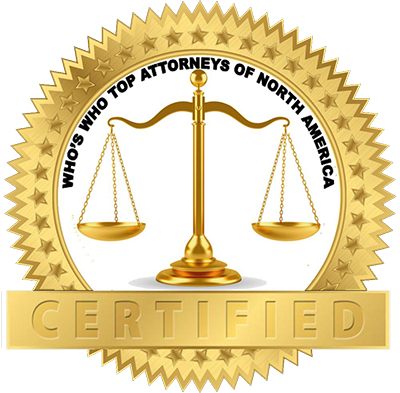A prescriptive easement “is generally demonstrated by proof of the adverse, open and notorious, continuous, and uninterrupted use of the subject property for the prescriptive period,” which is generally ten (10) years in the State of New York. See Carty et al. v. Goodwin, et al., Docket No. 2015-11899 (App. Div. 2d Dep’t May 10, 2017) (citations omitted). “In general, where an easement has been shown by clear and convincing evidence to be open, notorious, continuous, and undisputed, it is presumed that the use was hostile, and the burden shifts to the opponent of the allegedly prescriptive easement to show that the use was permissive.” Id. (citations omitted).
In Carty v. Goodwin, the Supreme Court of the State of New York, Appellate Division, Second Department, affirmed an order, entered after a non-jury trial, which determined that the plaintiffs “do not have a prescriptive easement over property owned by the defendants . . . .” The appellate court stated, in pertinent part, that “the record supports the [trial court’s] . . . determination . . . that [the plaintiffs] . . . failed to establish with clear and convincing evidence that they used the defendants’ property for vehicular access to the rear of their property and that such use was adverse, open and notorious, and continuous for the prescriptive period.” Id. (citations omitted).
COMMENTARY:
Under the law of the State of New York, permissive use cannot give rise to a prescriptive easement because permission negates the required element of adversity or hostility. Asserting (or defending against) a claim for a prescriptive easement on behalf of a client is something that Kenneth Allen Brown is well-suited to do given the experience of its attorneys.
___________________________
Kenneth Allen Brown (kabrown@kabrownlawfirm.com) is an experienced land use, real property, and commercial litigator, with over twenty-five years of experience. He focuses on the following areas of law in the State of New York: Boundary Disputes, Water Boundaries, and Riparian Rights, Land Use and Zoning Litigation, Real Property Litigation, Easement Litigation, and Commercial Litigation, including Partnership, Corporate, and Limited Liability Company Disputes. He is available to consult with potential clients regarding disputes between neighbors in the State of New York.




